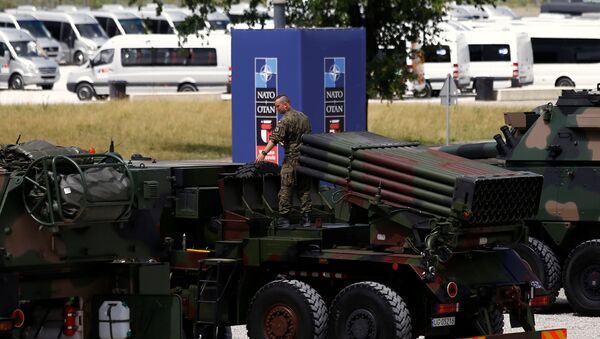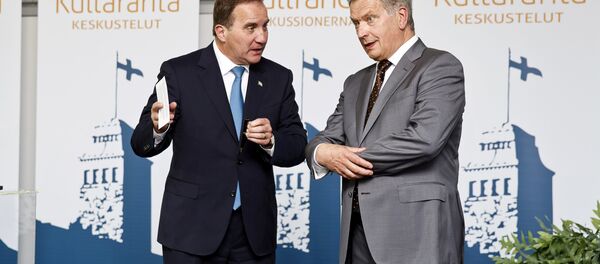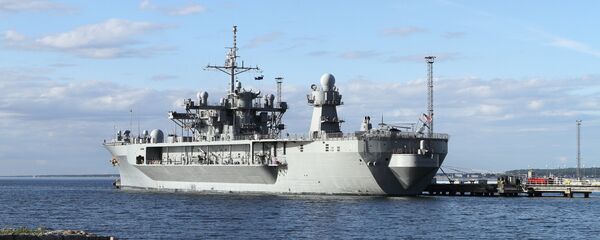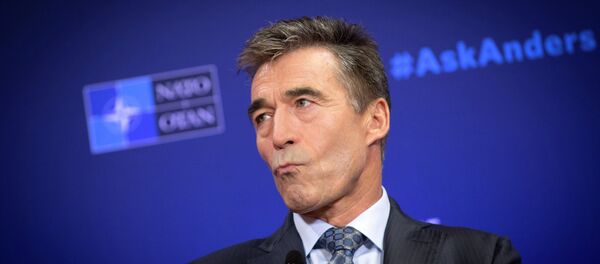The Warsaw Summit will take place against the background of the most extensive military exercises Poland and the whole Baltic region has experienced ever since the Cold War. This has forced Russia to step up its training activities, which is perceived as "possible aggression." Therefore, there is no surprise in that the agenda for the Warsaw Summit will be dominated by demands for a return to the Cold War deterrence policy.
Practical steps in this direction include a NATO force of four battalions and 4,000 men to be rotated through Poland and each of the Baltic states to put off "aggressive" Russia. What's even more important than the actual presence, however, is that it is no longer forbidden for NATO to plan military interventions. Many states, above all Germany, have earlier resisted such planning, which was considered likely to provoke Russia. Now this taboo is gone. Today, the only remaining question is how to place enough forces to ward off Putin's Russia.
"While the Russian side is driven by myths and conspiracy theories about the sinister ambitions of the West to destroy Russia, the West is largely motivated by the sense of moral superiority that manifests itself in arrogant lectures on universal values, as well as the clear message that Russia does no longer deserve to be in the "fine" rooms," Hedlund wrote.
According to Hedlund, the crisis in Ukraine is a sad example of the dramatic lack of understanding. Although Russia from the very beginning made it clear that it was a serious conflict of interests, fraught with potentially very serious consequences, the Western politicians insisted on a conflict of values.
"There is nothing wrong with having values. They are good reasons why politicians are so keen about talking values as the basis of their own policies. Besides creating a simplistic worldview in black and white, where the opponent is always wrong, by definition, it also leaves room for a foreign policy, where politicians can outbid each other by claiming to be holier that the Pope," Hedlund wrote. "Should the worst happen, we can always console ourselves with the fact that our values were superior, and that we had morality on our side," he concluded sarcastically.







